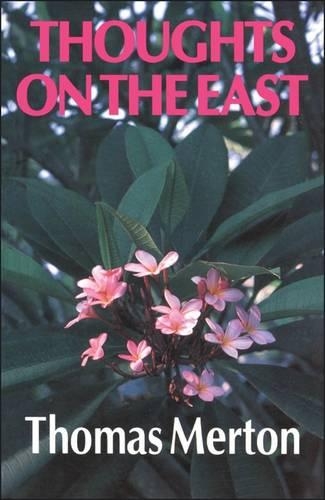
Thoughts On The East
(Paperback)
Publishing Details
Thoughts On The East
By (Author) Thomas Merton
Bloomsbury Publishing PLC
Burns & Oates Ltd
12th January 1999
United Kingdom
Classifications
Tertiary Education
Non Fiction
Hinduism
Essays
Spirituality and religious experience
291
Physical Properties
Paperback
98
Width 138mm, Height 216mm
144g
Description
The Eastern religious traditions, especially the varieties of Buddhism, were the last great passion in Thomas Merton's life. His participation in a monastic conference in Asia led to his premature, accidental death. He discoursed on equal terms with the Dalai Lama, and extracts from their interviews appear in this book. The introduction brings together extracts from Merton's "Asian Journal" (Hinduism and varieties of Buddhism), and other short works on Eastern religions written in the last few years of his life. They all combine to demonstrate the breadth of vision that is such an integral part of Merton's lasting appeal, his quest for a deeper unity underlying apparent fragmentation. They might be regarded as steps toward the great book on monasticism that Merton might have written but never did. As they stand, they provide Merton's essential definitions of the religions that so interested him in the last years of his life, and of which he became a skilful Western interpreter.
Author Bio
Thomas Merton (1915-1968) is one of the foremost spiritual thinkers of the twentieth century. Though he lived a mostly solitary existence as a Trappist monk, he had a dynamic impact on world affairs through his writing. An outspoken proponent of the antiwar and civil rights movements, he was both hailed as a prophet and castigated for his social criticism. He was also unique among religious leaders in his embrace of Eastern mysticism, positing it as complementary to the Western sacred tradition. Merton is the author of over forty books of poetry, essays, and religious writing, including Mystics and Zen Masters, and The Seven Story Mountain, for which he is best known. His work continues to be widely read to this day.
